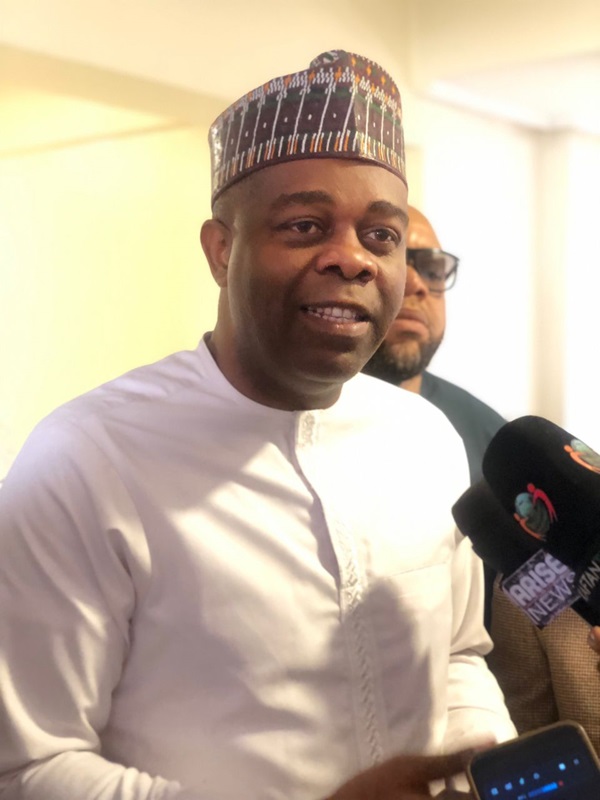
The National Health Insurance Authority (NHIA) is intensifying support for Nigeria’s vulnerable populations by covering the costs of Vesicovaginal Fistula (VVF) treatment and enrolling patients in government health insurance programmes.
Director-general of NHIA, Dr. Kelechi Ohiri spoke about this initiative at the Joint Annual Review (JAR) meeting on Thursday in Abuja, an event dedicated to assessing progress in the health sector and advancing the sector-wide approach (SWAp).
Science Nigeria reports that the JAR serves as a platform for aligning key stakeholders in evaluating progress, addressing challenges, and identifying opportunities for healthcare improvement.
The meeting fosters reflection on achievements, open discussion of challenges and alignment of priorities to enhance health outcomes for Nigerians.
Ohiri explained that the initiative, part of the Basic Healthcare Provision Fund (BHCPF), aims to deliver essential healthcare services to approximately 2.4 million low-income Nigerians without financial burdens.
“This partnership with state health insurance agencies ensures that funds directly reach healthcare providers, who then deliver free or subsidised services to eligible beneficiaries,” he said.
He added, “NHIA also monitors healthcare providers and insurance agencies to maintain high standards of care and accountability throughout its programmes.”
This initiative reflects NHIA’s broader commitment to achieving Universal Health Coverage (UHC), with a focus on expanding access to informal workers and marginalised groups by engaging public and private sectors and actively seeking citizen feedback.
Ohiri highlighted SWAp principles as a transformative approach for Nigeria’s health sector, emphasizing three critical components: transparency in resource allocation, accountability across all levels and effective monitoring.
He underscored that the SWAp framework enhances monitoring and resource utilisation, ensuring that citizens, taxpayers and stakeholders see the impact of their contributions.
Addressing accountability challenges—whether it should prioritise the country, citizens, or funders—Ohiri called for unified progress across the sector. He urged stakeholders, from federal agencies to local governments, to align toward shared health goals.
Quoting Mike Tyson, “Everyone has a plan until you get punched in the face,” Ohiri emphasised the need for adaptable health strategies to tackle real-world challenges.
He stated that flexible, locally responsive strategies are essential for achieving better health outcomes in Nigeria.
The launch event drew a range of local and international stakeholders, including donors and civil society organisations, many of whom praised the NHIA’s approach and stressed the importance of community engagement in implementing the reforms.

